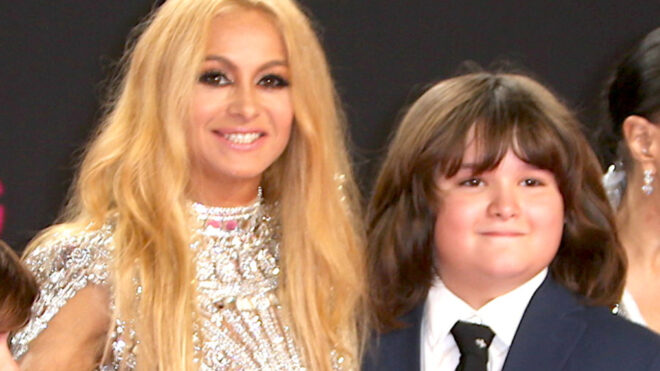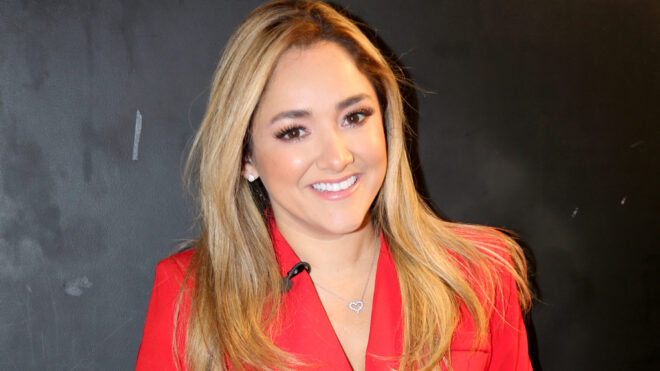There are a lot of potty training myths floating around about when and how to do it, leaving many parents feeling like a failure if they don't fit the neighborhood norm.
But the myths are just that – and you don't need to subscribe to them. There is no one-size-fits-all solution to potty training. Children are all unique and special in their own way, so do what works best for your child and your family. We asked parents about some of their experiences with common potty training "myths," and this is what they said:
Potty training should start by age 2
Truth: Not every child is ready then. "This is the myth that I have the biggest issue with," says Petrina, a blogger with one son who's potting training. "There is a lot of physical and mental development that goes into potty training, so parents should watch for signs of potty training readiness. That doesn't always happen at a prescribed time."
"My son was interested in anything but potty training at the age of 2," she says. "We tried the potty a few times then, but it just didn't click." They started again around 2 1/2 years old, and now at age 3, he's still working on it. "Some days he does great and some days aren't so great, but all that matters is that he's improving. I see absolutely no need to force him in any way, and I'm not embarrassed to admit that."
You can train in a weekend
Truth: Though you do hear some success stories of doing an intensive few day boot-camp training, most children take longer. How long varies by child and can range from weeks to months. Be patient; it will happen, says Maria, who has experience with both types of kids. While her son was successfully trained in a few days, her daughter has taken months and multiple tries. "She started showing interest in potty training right around her second birthday," says Maria. "We tried, and she just wouldn't do it. She's strong willed, and I didn't want to turn it into a power struggle, so I stopped talking about it after a week of trying. We waited five or six weeks and tried again. This happened three times. I decided to take a much longer break and shortly after her third birthday she was the one who decided she was finally going to do it and we had success."
Girls are easier to train than boys
Truth: Not always. "I've heard all kinds of stories from moms about potty training," says Patty, a music teacher with a 2-year-old who's about to start training. "I am sure it has little to do with gender. It is more about the child and their personality and behaviors. There are some girls that are super easy and some boys who learn slowly, and vice versa. Just like some newborn babies sleep through the night when they come home, and others cry until they are 2 years old. My older two children – a daughter and a son — both took the same amount of time to potty train." Now her child is showing signs of potty training readiness, and they are getting ready to start the potty training journey.
If your child stays dry during the day, he/she will stay dry at night
Truth: "Bladder control comes later, and a child who is trained during the day may still have accidents at night," says Michelle, mother of two. "Some children aren't woken up by the urge to go because they are deep sleepers, so night training can take longer."
The bottom line is that no two children are alike so why should they potty train alike? Potty training varies by child, and each one of them has different strengths and challenges. Move forward when both parent and child are ready, and remember that this is an important milestone for your child! It can be a fun bonding experience and a proud moment for your little one.
By Rebecca Levey



